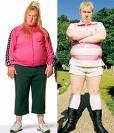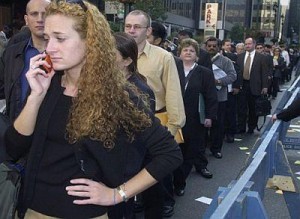In 2008 the Joseph Rowntree Foundation published its first ‘minimum standard for Britain’ surveying members of the public to find out what income they thought was needed to achieve a socially acceptable standard of living. This survey has now been updated taking into account the rising rate of unemployment and the economic crisis with some fascinating results.
- A single adult with no children now needs to earn at least £13,900 a year before tax to reach the minimum standard. This is a £500 rise from 2008; nearly half of this extra income is needed for the rising cost of food.
- About one in four people are living below the minimum income standard for Britain, and this is increasing as unemployment rises.
- The minimum cost of living has risen by 5%, contrasting with official inflation figures of 2½% (CPI) and -1% (RPI). A low-paid worker whose earnings were linked to the retail prices index could be 6% worse off this year, relative to the minimum cost of living.
- Job loss can leave you with less than half the income that you actually need to live according to the minimum income standard for Britain.
To download a full copy of this report please visit our Poverty and the Media Resources and Download Page
To watch clips of Spectacle’s Poverty and Media project please visit our Project Page
Alternatively you can also find footage of this project in our Archive



